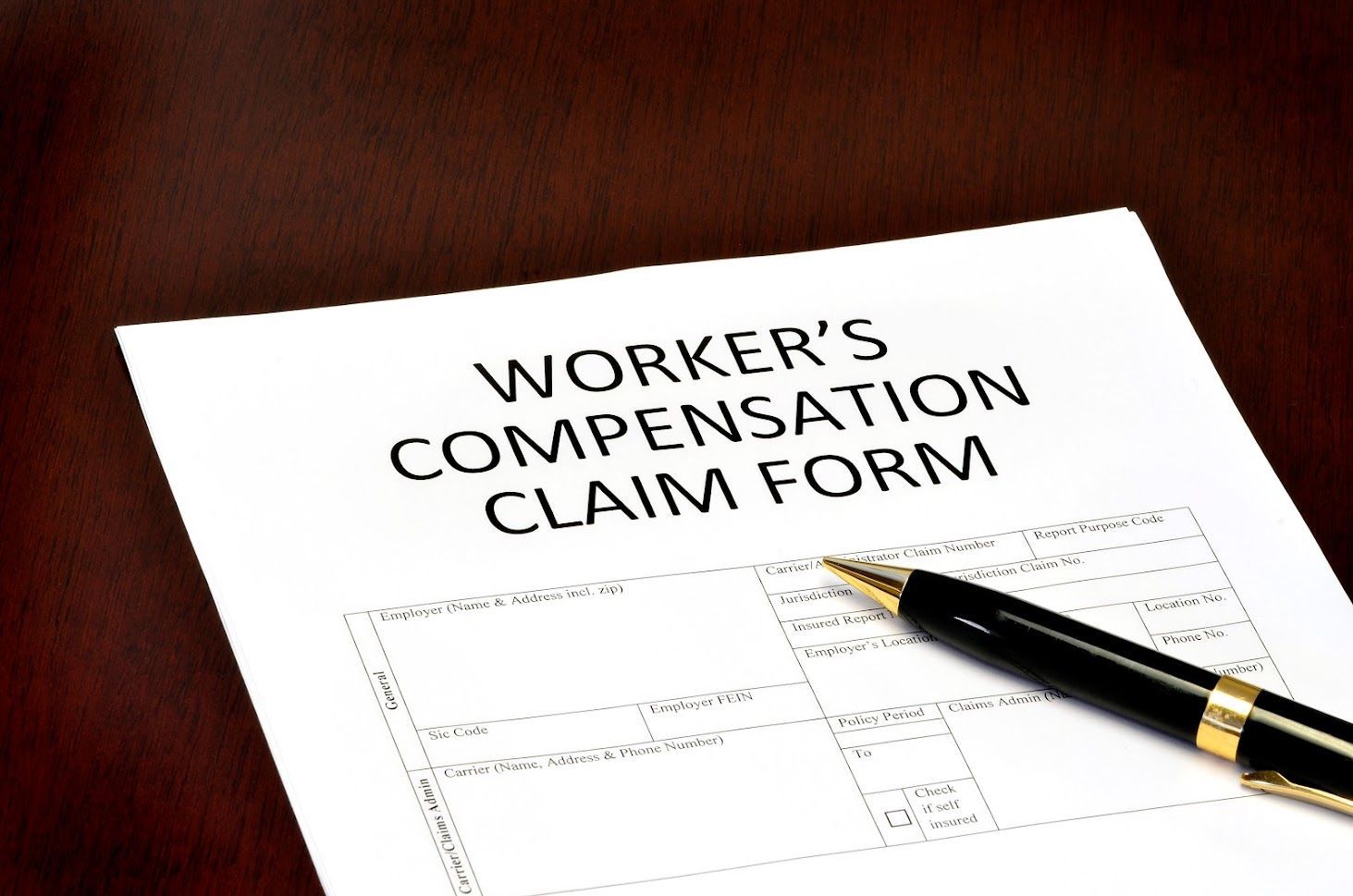Demystifying Types of Workers’ Compensation Benefits

Many states require businesses with employees to have workers' compensation insurance. Therefore, if you sustain injuries at work, the workers' compensation program enables you to receive compensation from your employer. Learn about the four types of workers' compensation benefits.
1. Medical Benefits
Workers' compensation covers medical expenses for diagnosing and treating a work-related injury. These medical benefits cover doctor appointments, medication, and surgical treatments.
Additionally, if your injury requires you to use a special vehicle or wheelchair, you qualify for medical benefits. Also, workers' compensation will often cover services like pain therapy, counseling, and alternative medical treatments like acupuncture.
Depending on your state's laws, you may choose the health care provider you want. In some states, an employer has the right to choose a doctor for their injured employee. Furthermore, some states regulate the amount of money a health practitioner should charge for treating an injured employee.
2. Disability Benefits
If your work-related injury is such that you cannot return to work, you can claim disability benefits. Normally, you can benefit from four main types of disability benefits:
- Temporary Partial
- Permanent Partial
- Temporary Total
- Permanent Total
To determine your disability rating, you must see a workers' compensation doctor.
Temporary partial disability covers employees who have sustained minor injuries but can perform light tasks or work for reduced hours. In this case, an employee receives compensation for their reduced responsibilities at work. On the other hand, permanent partial disability helps employees who have recovered from severe injuries to the extent of maximum medical improvement.
Temporary total disability differs from temporary partial disability because an employee has to miss work for a long time due to their injuries. Usually, these benefits cover a significant percentage of an employee's average weekly wage. Lastly, permanent total disability is for employees whose injuries prevent them from ever working again.
3. Rehabilitation Benefits
Rehabilitation benefits are different from disability benefits because they mainly focus on making it easier for an injured employee to go back to work. These benefits cover the cost of adaptive equipment, education, vocational training, career counseling, occupational therapy equipment, and job placement.
The limits for rehabilitation benefits vary by state and also the insurer. Moreover, in some states, the rehabilitation program needs to have the approval of an employer and insurer. Also, some states require those on disability to go through vocational rehab.
4. Death Benefits
Workers' compensation also covers the descendants of an employee who has sustained fatal injuries. If you are a relative of a person who succumbed to a work-related injury, you can claim death benefits through your state's workers' compensation system.
However, death benefits compensate only certain family members. These benefits aim to help the dependents of the deceased for the loss of financial support. While the eligibility requirements for these benefits vary from state to state, this funding usually goes to those related to the deceased through marriage or blood. These include spouses, children, and close relatives who relied on the deceased for sustenance.
In addition, some rules determine those who qualify as dependents based on their bond with the deceased employee. For example, children who are below 18 years almost always qualify as dependents. Also, older children with mental or physical disabilities qualify because they cannot earn a living. In some states, a child above 18 years and is in educational programs qualifies for death benefits.
Additionally, many states recognize spouses as dependents whether or not they earn their own income.
Claiming compensation under the workers' compensation system is frustrating if your employer and the insurance company give you a hard time. This is why you need an experienced workers' compensation attorney at The Dennis Law Firm, LLC, to speed up the process and ensure you get what is rightfully yours. Contact us today to help you start the process of securing your compensation.

Phone: (844) 913-4448
Email: Contactus@DennisLawLLC.com
101 Marietta Street NorthWest Suite 2200 Atlanta, Georgia 30303 United States
24 hours
SEND US A MESSAGE







